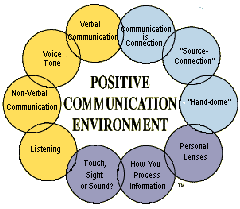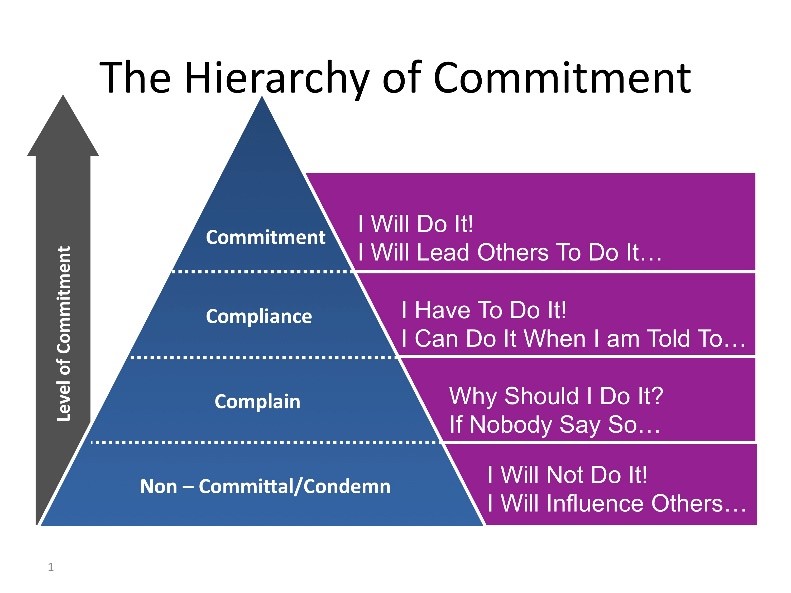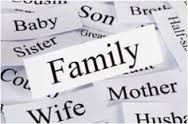Positive Communication
 Communication is the process by which family members share information about personal needs, wants, and values. Positive feedback is intended to maximize change. It includes sharing feelings, giving compliments, avoiding blame, being able to compromise, and agreeing to disagree. This includes being cooperative rather than competitive.
Communication is the process by which family members share information about personal needs, wants, and values. Positive feedback is intended to maximize change. It includes sharing feelings, giving compliments, avoiding blame, being able to compromise, and agreeing to disagree. This includes being cooperative rather than competitive.
Members of strong families are extremely good at listening. They have an appreciation and affection for each other that includes kindness, caring for each other, respect for individuality, and a feeling of security. Humor is an important part of healthy family communication. Humor can reduce daily tensions, facilitate conversations, express feelings of warmth and affection, lessen anxiety, point out mistakes made by others, and entertain. It can also help put others at ease, and help maintain a positive outlook on life.
Social Support Systems
Social support is very important when a family is faced with problems. The social support network includes kin, friends, neighbors, social service institutions, and special self-help groups. It is an important resource because it includes economic resources and educational and related opportunities. A healthy family has the ability to reach outside of the family and into the community for help.

Commitment
A family needs to have a commitment to one another to be healthy. Commitment means trust, honesty, and dependability. They invest time and energy in family activities. Ability to cope with stress. A family needs to have the ability to cope with stress. This includes adaptability, seeing crises as challenges and opportunities, growing through crises together, openness to change, and resilience. The family pulls together in a crises and seek help if they cannot solve the problem themselves.

Conflict Resolution
A family needs to resolve conflict by fighting fairly and constructively. Constructive conflict resolution is focusing on current rather than past issues, involves sharing of both positive and negative feelings, and provides information in an open manner. This increases intimacy and trust in the relationship.

Monetary social support
Social support can be critical in times of economic stress. This includes instrumental aid like money, goods, and services. It also means emotional support and information like advice and feedback. It can come from many different people, such as immediate family, extended family, co-workers, neighbors, self-help groups, and human service professionals. When this social support is used in financial crises it usually provides increased psychological wellbeing and improved quality of family life. Healthy parents and healthy members. A family needs to have healthy parents. Family members are tied together in a web of relationships and what one member does affects the other members and the family system itself. Family life can be a source of stress for those who have an individual with mental or emotional disorders or with alcohol abuse. Other unhealthy behaviors are parents who abuse and neglect their children which can compromise the child’s development. Factors that put families at risk for abuse are: inadequate parenting skills, economic distress, parental personality problem, social isolation, domestic violence in family of origin, a violent marriage. Spouse abuse can also make the family a violent place to live. A family also needs physically healthy parents and members. Families can help members cope with illness and stay healthy. Family members and loved ones shape health behaviors more than anyone else. The family is the social group most affected by an individual’s illness and medical treatment.

Family Roles and power
A family needs to have roles that all members are satisfied with. Most couples still have gender role family work patterns. This means that women are doing more of taking care of the children, cooking, cleaning, and washing. The details of who does what have to be worked out in each relationship. Who performs what around the house is not as important as having a choice about it. Family power is the ability of one family member to change the behavior of other family members. Egalitarian couples, where neither couple dominates over the other, have higher marital satisfaction. Couples with egalitarian roles also have a more satisfying relationship. A change in one member’s role necessitates a change in other family members if the family is to achieve new balance. Balanced family systems are more open to change and are more supportive of independence in family members.

These needs are based primarily on concepts from DeFrain and Olson (1997).